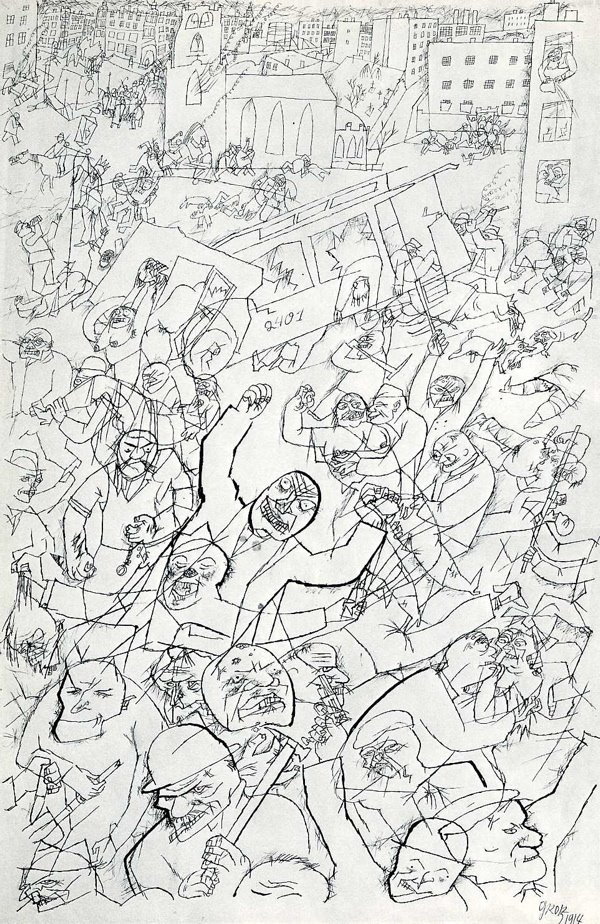After reading the title volume of Pat Barker's Regeneration Trilogy, I've been a little preoccupied with the thinking about the Iraq war, or rather how we tend not to think about the Iraq war.
Barker's novel opens with a "Statement against the continuation of the War"--an actual document penned in 1917 by Siegfied Sassoon, the real-life protagonist of Barker's historical novel. Sassoon's argument against the war was two-fold: (1) that England's aims in WWI had changed over time, rendering the war not one of "defense and liberation," but "a war of aggression and conquest;" and (2) that the war was being supported by a complacent populace that did not share in the agonies of the war and had not "sufficient imagination to realize" such agonies.
It is Sassoon's later point that continues to plague me--namely that war, when practiced by the most powerful, need not affect the populace supporting the bloodshed. Sassoon may have been overstating his point in 1917 (after all, the British were subject to night raids and lost nearly 1 million lives over the course of the war), but his point--that the citizenry had no ability to appreciate the carnage and were thus complacent in supporting the war--still stands. And if anything, his argument has more resonance today in 2007 than it did in 1917.
Glenn Greenwald has this in mind over at Salon.com, where's he's thinking about the identity of the '9-11 Generation.' What is the most fundamental attribute of the '9-11 Generation'? Greenwald nails it:
the unprecedented ease with which one can cheer on endless wars without having to make even the most minimal sacrifices to sustain them.Greenwald is engaging in this article with the right wing's idea that my generation has met the specter of war with more courage than my parents' since we didn't storm the streets in order to end this thing (shame on us). Greenwald takes this argument to pieces, but his larger point I think still stands: that we are a people (and a generation) so little concerned with the violence practiced in our name, that our detachment from the real state of affairs has become one of our fundamental characteristics. Not only does such "callous complacence" (as Sassoon put it) reflect our failures of empathy (for our own and others) but it is dangerous. Isn't it our inability to feel for others (for the Other) that got us here in the first place? And by "here" I mean embroiled in a series of badly executed, prolonged and unproductive wars in the middle east. Might our inability to register and react to this war ethically be our undoing?
Update: Greenwald has a nice link to a video about this topic, entitled Generation Chickenhawk: the Unauthorized College Republican Convention Tour, which is worth checking out.



1 comment:
Post a Comment